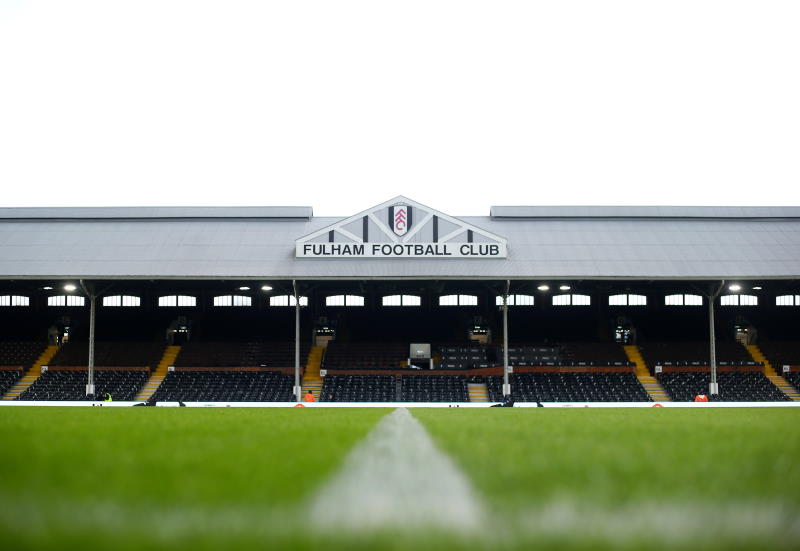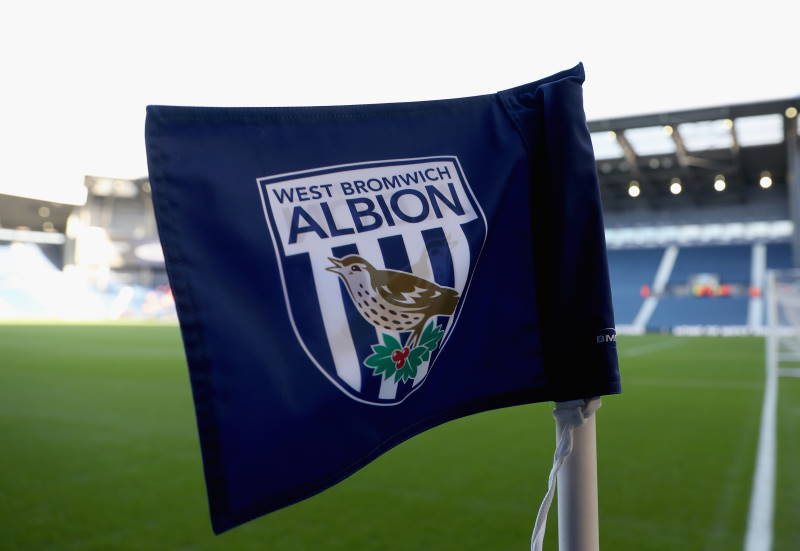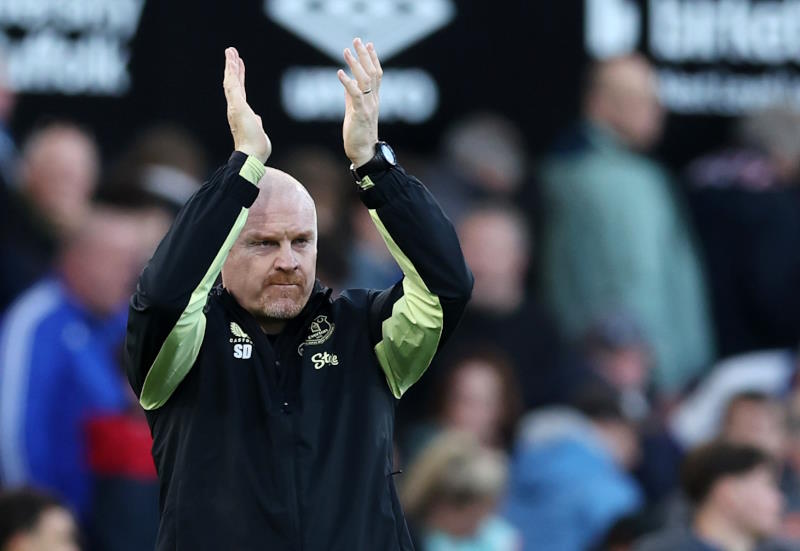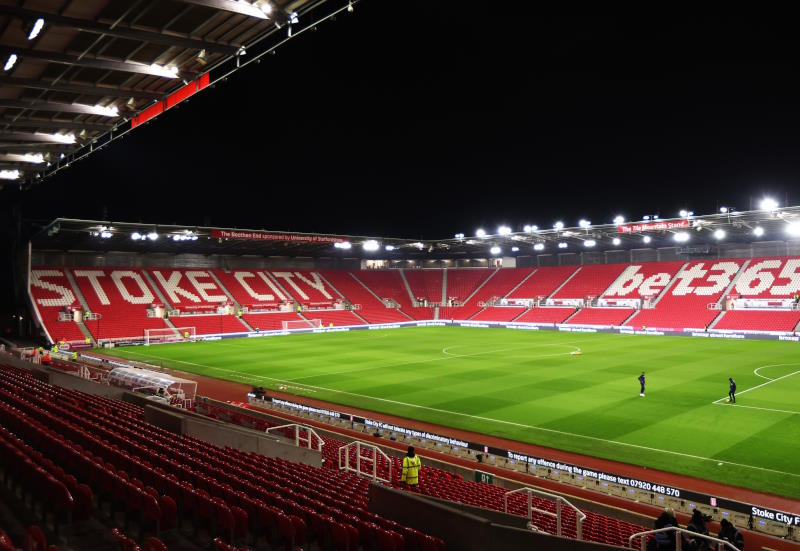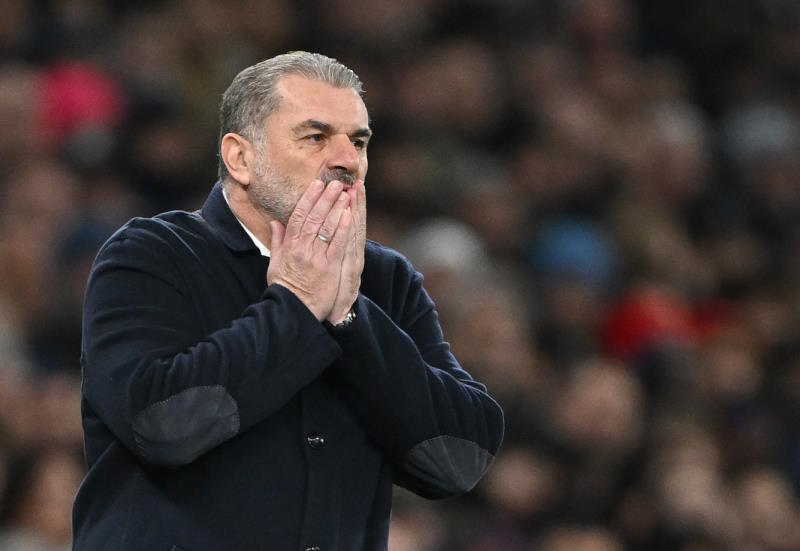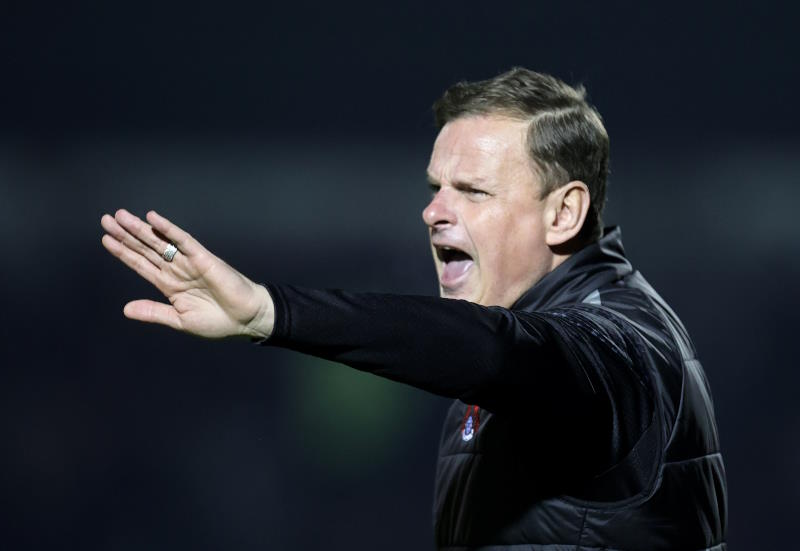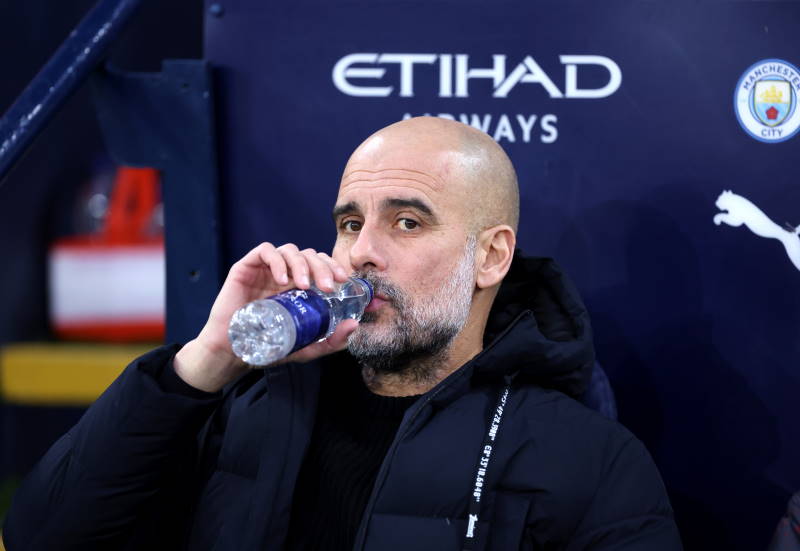Phillip Buckley
As the international break comes around again, is it yet possible that international football can regain some of the lustre it has lost in the past decade? The Champions League has grown and grown, many clubs are now super clubs and supporters are fast losing the ability to identify with their teams – at least in England. Club football grows ever stronger, reducing national associations to mere yes men, and recent developments have accelerated the trend.
Concerns have been raised, and rightly, about the amount of foreign owners in the English Premier League. But it is not just the number of clubs in overseas hands that has, in my opinion, been the cause of so much debate. In reality, the real issue is which clubs are now owned by foreigners. Were Manchester United, Liverpool, and Chelsea all owned by Brits then it is unlikely the issue would have arisen quite so much as it has in the past month.
However, it is not the men in the boardroom that fans really take notice of, it is the players on the pitch. And when a tipping point is reached in terms of foreign players, well, it is hard for fans not to feel their links with the club in question slipping away.
One such club must be Arsenal. Arsenal are not owned by foreigners (although an American and Uzbek have substantial holdings) yet are probably the most foreign club of all. The amount of English players within the Gunners squad is truly shocking. It is right to ask how Arsenal can be said to be an English club when they play in European competition.
Chelsea are another such anomaly, although they do in fairness appear to understand the importance of retaining that link with their supporters. Despite Chelsea becoming the first English side to field a team with not one British player in the starting eleven, they do have the England captain amongst their ranks. Throw in Frank Lampard, Ashley and Joe Cole for good measure and you at least have a spine of Englishness.
Yet the trend is clear, the tide has turned, and when the millions, or should I say billions, are released from the Abu Dhabi vaults for Manchester City to spend, their side too will be transformed into a league of nations.
Supporters may at this present time see no problem with supporting a team of foreign players. But the implications for the future are not yet clear. Can a young fan identify as much with Emmanuel Adebayor as Wayne Rooney? As much with Kolo Toure as John Terry?
This isn’t to suggest for a minute that foreign players cannot love the club and shirt every bit as much as local players. They can, we need look no further than Gianfranco Zola, who represented Chelsea with as much passion as John Terry currently does. Yet we can’t dispute that 90% of foreign players feel more for their pay packet than their club. It is not an easy thing to accept as supporters, but it is true.
Evidence? Dimitar Berbatov’s loyalty to Tottenham Hotspur after they gave him his break in the Premier League (not to mention a trophy in his first season), Cristiano Ronaldo’s long flirtation with Real Madrid, and the aforementioned Emmanuel Adebayor’s come-and-get-me plea to AC Milan.
All this leads me to the central question of whether this trend will increase the importance of international football? Take away the fact that England have a foreign manager, he cannot imbue players with more natural ability after all, and international football is still the truest test of country against country. Manchester United v FC Porto does not tell us that England produces better teams than Portugal (it merely tells us England has more money), but England v Portugal in the World Cup shows us, without bias, which country is currently on top when it comes to talent.
The internationalisation of the Premier League (and to a lesser extent some other European leagues) is sure to continue apace. We as fans may lose more and more of our links to the club, as every accent we hear from it is spoken with a non-English twang. Perhaps this is the future, after all, English clubs are supported and loved all over the world.
Whilst Sepp Blatter and Michel Platini fight to introduce quotas for local players, perhaps they should pause for thought. The very consequence of this internationalisation could be the strengthening and increasing importance to supporters of international football. And that could be a benefit to outweigh all others.

